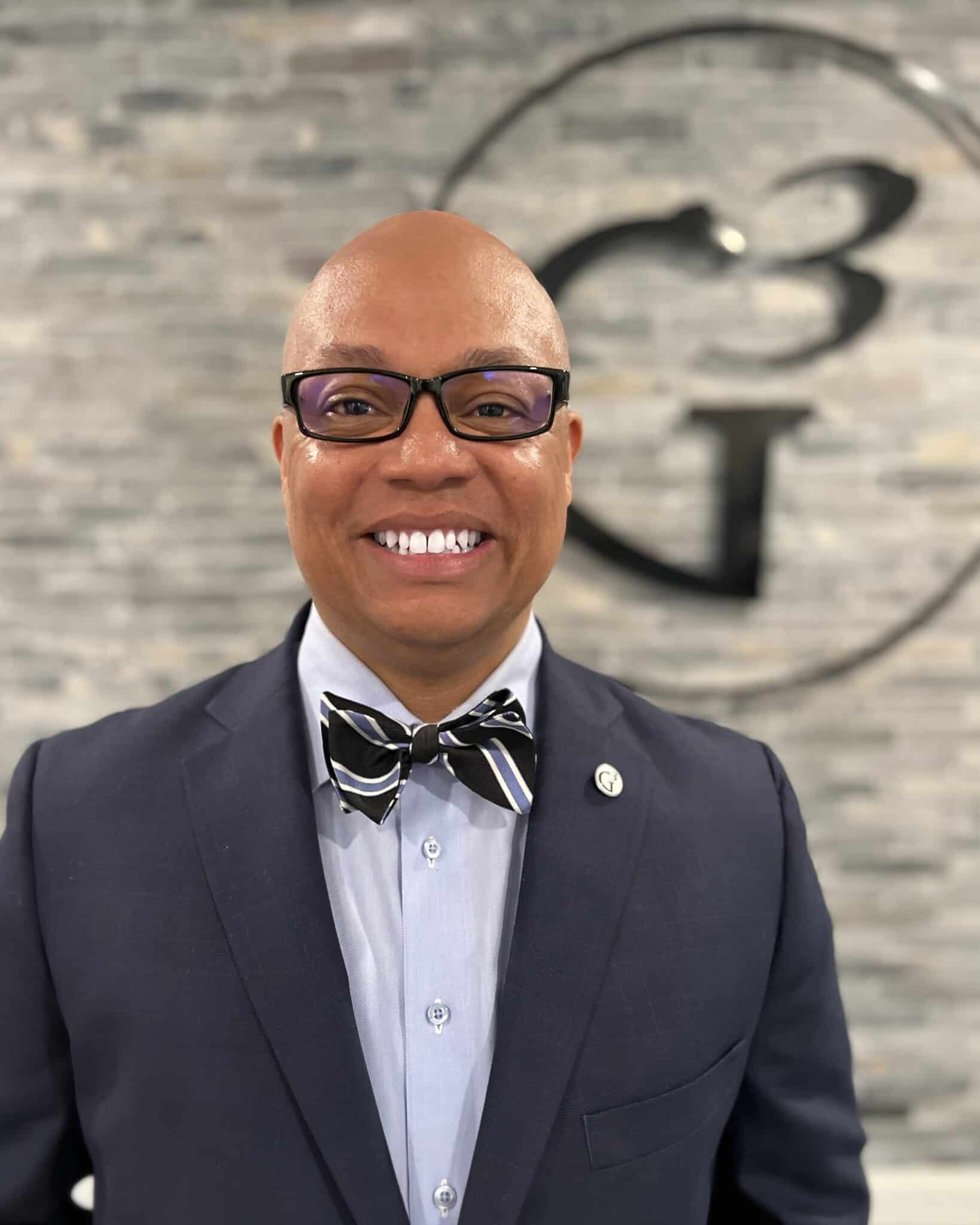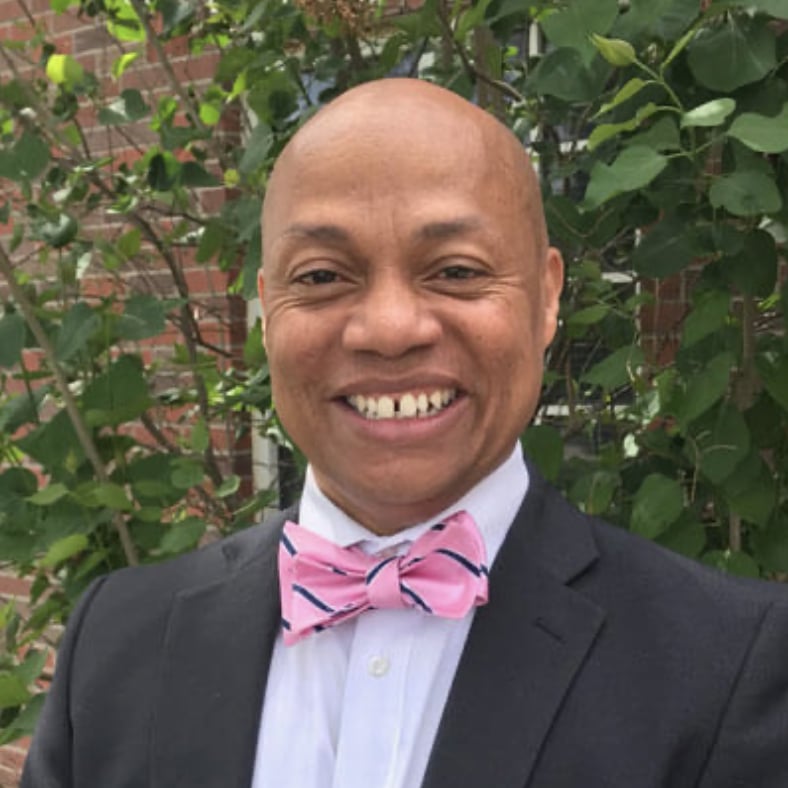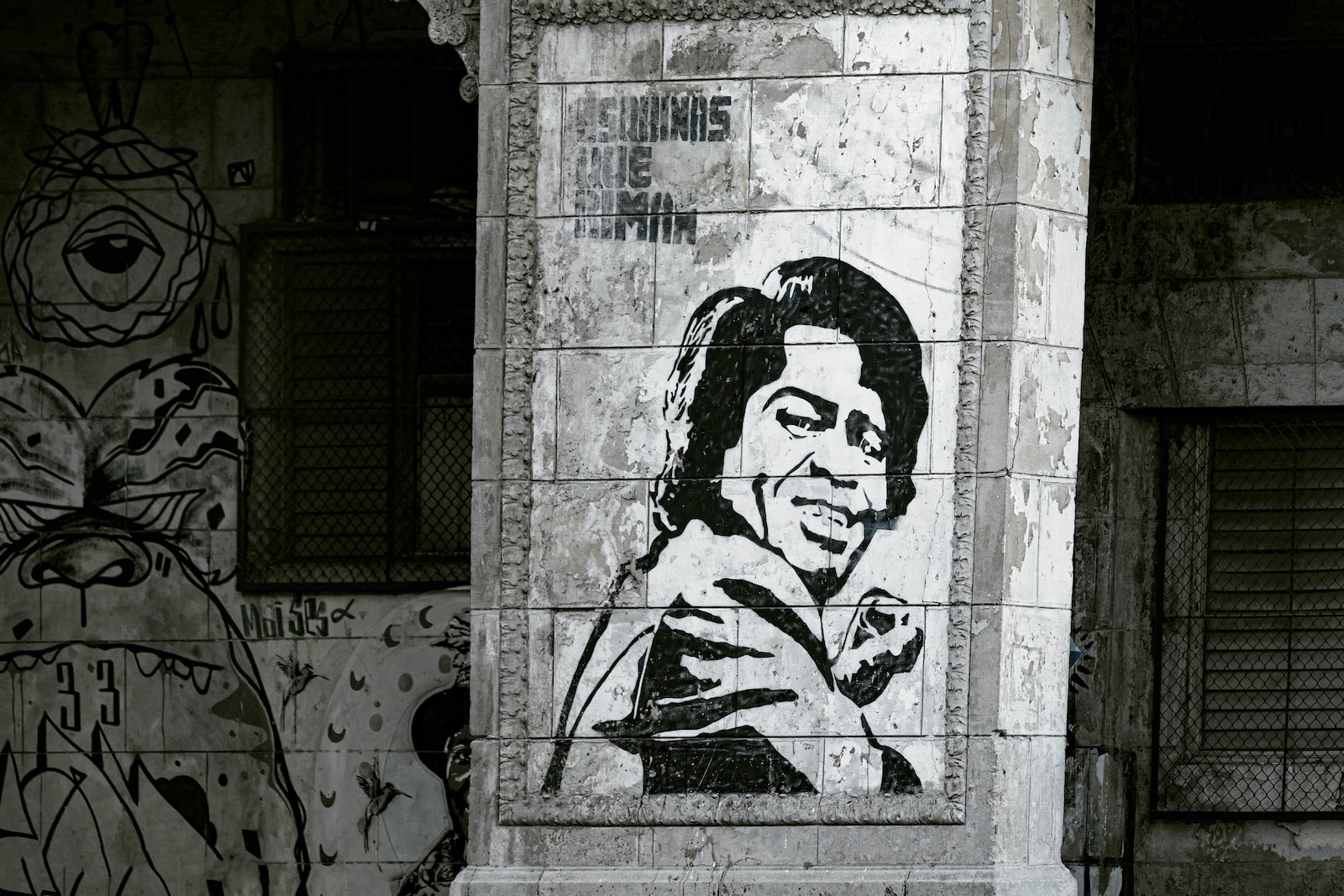Recorded in 1968 at the Vox Studios in Van Nuys, California, “Say It Loud, I’m Black, and I’m Proud” would be released to the public. James Brown and Alfred “Pee Wee” Ellis were working on what would soon become another hit. The song, released in August 1968, would spend six weeks at the top of the R&B chart and reach number ten on the Billboard Hot 100.
In the aftermath of Martin Luther King Jr.’s assassination on April 4, 1968, Brown wanted to give black people a reason to take pride in themselves, and he believed that music was the best way to express that pride. The song would become an anthem for the black power movement that took root after King’s death.
Following the assassination of Martin Luther King Jr., social unrest broke out in more than 200 cities across the nation, causing millions of dollars in property damage and business losses. Far from being an anthem for unity, James Brown’s song was about self-empowerment and standing against the forces of racism.
With the passage of the 1964 Civil Rights Act and the 1965 Voting Rights Act, many in the “white community” believed they had done enough to combat racism. Many whites marched with King and fought against Jim Crow laws and racism in the South. At the cost of black and white lives, their efforts led to a change in how the rest of the country felt about civil rights for black people. Before the Civil Rights Act of 1964, one in four whites favored civil rights. In the months following the legislation, 50% of whites supported the bill.
By 1968, as cities burned in the wake of King’s assassination, many began questioning whether it was worthwhile to help black people achieve the equality they had fought for.
“Black and Proud” by James Brown is an old example of the continued ethnic tribalism that arises when people discuss “race” nowadays. Once ethnic pride is tied to a person’s sense of empowerment, it becomes necessary to defend it. When guilt is assigned and sacrifice demanded based solely on a person’s skin color, a lack of respect can transform into indignation.
From Woke to Reality
For American cartoonist and novelist Scott Adams, his indignation was peaked by a Rasmussen poll in which 46% of respondents disagreed with or were uncertain about the statement, “It’s okay to be white.” Adams took to Twitter to express his outrage. In his Twitter video, upon reading the results of the poll, Adams labeled the 46% as a hate group, advising whites to stay away from black people.
Adams is a well-known cartoonist, and his Dilbert series has been published in thousands of magazines and newspapers across the country. After his rant on Twitter, newspapers and TV stations rushed to be the first to say they were canceling his cartoon series from their publications. As news of Adams’s professional demise traveled, media outlets erroneously reported that Adams was a right-wing conservative, and with that, Adams was quickly canceled.
Far from a right-wing conservative, Adams describes himself as an independent thinker who leans libertarian on most social issues.
During an interview with the podcaster Hotep Jesus, Adams revealed that his political views were significantly more to the left. For example, Adams has worked for the Black Lives Matter organization in the past. Adams supports reparations and affirmative action. Adams has supported the policies of democratic candidates for years. However, it was through his work with Black Lives Matter that he became disillusioned, saying, “It became immediately apparent that Black Lives Matter was not a serious organization that cared about solutions.”
When asked about the reported “racist rant” on Twitter, he stated, “I would be surprised if I’m in business next week as Dilbert is being canceled all over the country.” Adams continued, “I discovered that the price of free speech is really high, and only a few people are willing to pay it, so I decided to pay it so that I could extend the conversation to something everybody needs to hear.”
Was Adams having his own “Say It Loud” moment, believing that the attitude of many toward whites has swung in an oppressively discriminatory direction? Hardly. Adams continues to see himself as a supporter of black concerns. Adams was very clear in the Hotep interview that, moving forward, he would spend his time, money, and energy on education, especially homeschooling.
A Biblical Perspective
When you look at Adams’s life and his worldview, you can see that he has a strong belief in self-help and education. Adams is an advocate for pandeism, which holds that God created the universe before it was and does not exist outside of it. Adams also says that most of his career success is due to daily affirmations, which are a form of the law of attraction made popular by Oprah Winfrey and the book The Secret. In his book, God’s Debris: A Thought Experiment, Adams takes the reader on a deeper journey into pandeism as he writes,
It is not belief to say God exists and then continue sinning and hoarding your wealth while innocent people die of starvation. When belief does not control your most important decisions, it is not belief in the underlying reality, it is belief in the usefulness of believing.
Adams does not use the term “sin” in the traditional Christian sense. His viewpoint is more akin to moral-therapeutic deism than biblical Christianity. This is not to say that Adams’s original observations were wrong. However, it is meant to say that any solution drawn from his perspective will fall short of God’s design for humanity.
As image-bearers of God, we have been given dominion (Genesis 1:26–27) and are to glorify God in all we do (1 Corinthians 10:31). That begins with the understanding that we are sinners (Romans 3:23) who deserve God’s wrath (Romans 6:23). It is because of Christ (Colossians 1:15–23) and his finished work that we can be ransomed from the death we deserve (Ephesians 2:8–9) and raised to newness of life (Romans 6:4).
The perspectives of men like James Brown and Scott Adams are overt appeals to skin color. While the motivations for these appeals vary, the goal is the same: self-help, pride, and temporal well-being. A question like “Is it okay to be white?” and its provocative musical counterpart, “Say it loud, black, and proud,” are short-sighted appeals at best.
We should always do things because we want to honor God, who made us in his image, and because we know that it is from him that we get the power to do anything (John 15:5).
Adams is right about one thing that should not be missed: free speech has always come at a hefty price, and fortunately for him, he was willing to pay it. Despite this, he will be unable to pay the high cost of his sin and is in need of a savior. This acknowledgment may not be well received by conservatives, libertarians, and liberals alike. However, it is nevertheless true.
I agree with Adams when he says that the way we talk about the issues of economic and educational disparity needs to change. How that shift occurs is important. Provocation through social media has its place but is not a sustainable strategy. Equally important to the shift in our cultural dialogue is where and to whom we point people. The obvious answer is that we point people to the power of the transformative gospel of Jesus Christ.





